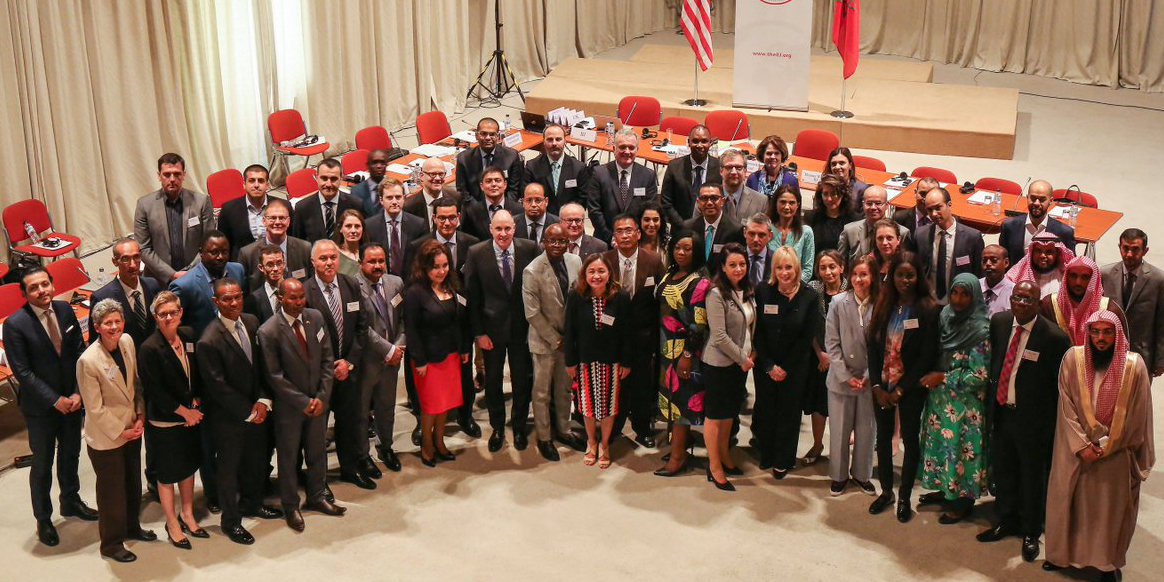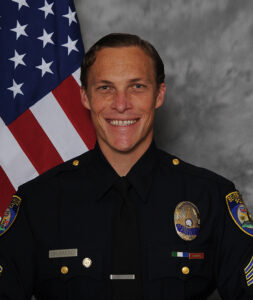By Matt Kredell
SCI Director Dr. Erroll Southers brought his expertise in homegrown violent extremism to Malta in April for a workshop offered by the Global Counterterrorism Forum, a collection of 29 countries and the European Union aiming to reduce people’s vulnerability to terrorism worldwide.
The two-day conference, centered around the theme of “Criminal Justice Approaches to Preventing, Detecting and Responding to Homegrown Terrorism,” convened experts and practitioners from nations and regions across the globe to share experiences, as well as develop tools and strategies on how to counter the evolving terrorist threat.
Southers participated in the opening panel, which framed the problem by presenting specific issues regarding the criminal justice system and homegrown terrorism. He was asked to talk about the results of the USC Summit on Global Solutions in the Age of Homegrown Violent Extremism held in November, and about the research he and the Safe Communities Institute are doing on radicalization in Minneapolis and France.
Southers discussed the importance of learning from former extremists and what motivates people toward radicalization regardless of ideology. He also spoke about lessons drawn from his Minneapolis community research, specifically commenting on the need to move toward a system in which friends and family can report a person showing signs of radicalization, while providing a better option besides hauling that person off to jail.
“I think my colleagues in Malta appreciated that I am a researcher who engages in field work, that these aren’t just formers [previously radicalized individuals] I read about, but formers I know personally,” Southers said. “They appreciated the ‘academic practitioner’ approach to what we’re doing here at the Safe Communities Institute.”
Solutions-focused
Southers stressed that improving the risk assessment process regarding homegrown violent extremism and returning foreign fighters, sharing information between agencies and countries, fostering trust with communities, and engagement with educators and faith-based organizations are critical components in these efforts.
At the end of the two days, participants were divided into working groups by language spoken and shared their thoughts and ideas on what they heard over the course of the forum to compile a best-practices document.
Southers was one of three Americans to participate in the forum, which was translated into four languages.
“It was without a doubt one of the best forums I’ve participated in during my career,” Southers said. “I took eight pages of handwritten notes. It’s unbelievable what other nations are doing and what they want to do. There were people there who have extensive experience with terrorists, with returning foreign fighters returning and with community engagement efforts. I was humbled to be able to contribute.”
This article was originally published by the USC Price School of Public Policy.




